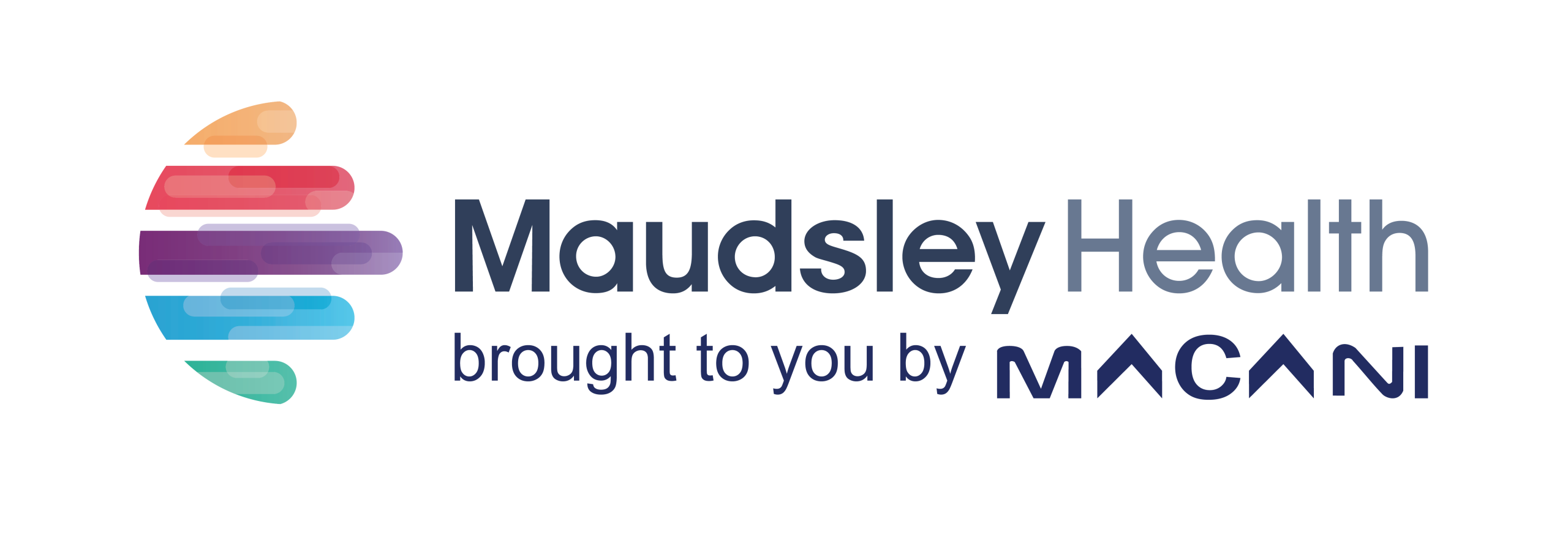What are the baby blues?
The baby blues are very common, most women will experience some degree of baby blues. The baby blues are often characterized by emotions that feel bigger and harder to control than usual. One of the most common experiences is being very tearful, crying much more than usual, often while being unsure of why you are crying. You may also experience feelings of low mood, mood swings and self-doubt. The baby blues typically develop in the first few days after giving birth. If you are breastfeeding, the baby blues often coincide with the day that your body starts producing milk. The baby blues typically last a couple of weeks, and so within a couple of weeks you will hopefully notice feeling as though your emotions are more settled and easier to control and manage. Try to be patient and kind to yourself during this time. It is normal and understandable that you are feeling more emotional and finding your emotions harder to control. Try to remind yourself that this is temporary and draw on those around you for help and support.
Post-natal depression
Some women won’t notice an improvement in their mood after a few weeks and will experience ongoing difficulties. It is important to note that this is not the baby blues. If difficulties with mood and your emotions persist beyond the first few weeks, this may be an indicator of post-natal depression.
What is post-natal depression?
Post-natal depression is the most common mental health difficulty that women experience after having a baby. Worldwide we know that roughly 10% of all women will experience post-natal depression. The prevalence is much higher in developing countries.
Symptoms of post-natal depression include, but are not limited to, persistent feelings of sadness, low mood, low self-worth, fatigue, helplessness and hopelessness. You may also notice feeling anxious, low in motivation, not getting the same sense of enjoyment from activities that you used to and having difficulty sleeping. Not every mother that experiences post-natal depression will have difficulty in developing a relationship with their baby, but many women do. This is often a source of great sadness for women and can make them feel even lower in mood and confidence as a mother.
Identifying post-natal depression
Post-natal depression can be hard to spot. Of course, most new mums will be having disturbed sleep, feeling tired and perhaps a little more anxious and worried than usual. This is normal and understandable. Therefore, as mental health professionals when assessing for postnatal depression we consider how long the mother has been feeling this way, the severity and the impact of her symptoms.
We know that post-natal depression can have a huge impact on the whole family, that is why it is so important to seek help from a trained mental health professional as soon as possible, to ensure that you can get access to the right help and support.
What causes post-natal depression?
Everyone’s experience of post-natal depression is unique. There is no known single cause of post-natal depression. The reasons that women develop post-natal depression and are often complex, with multiple factors at play. We know that there are some biological factors, such as genes and hormonal changes. There are also several psycho-social factors that are associated with an increased risk of developing post-natal depression, such as a lack of social support, stressful life events, relationship difficulties and a history of depression.
What can I do if I think I or someone I love has post-natal depression?
If you or someone you love is experiencing symptoms of post-natal depression, you/they are not alone. Post-natal depression is common, and the good news is that it is treatable. At the end of the blog, I will share information about professional support, and the services we offer here at Maudsley Health in Abu Dhabi. In addition to seeking professional support, there are lots of things that can be done at home and within the family that can make a huge difference. Below, I will share with you our top tips for improving your mood in the post-natal period. These tips are based upon research and are known to be effective. We hope that you find these helpful.
- Support – Have you heard the phrase ‘it takes a village to raise a child’, it really is true! We all need help and support. Take time to think about the help and support that you need. What practical support do you need and who can provide this? What emotional support do you need? Don’t be afraid to reach out and ask for help and support and build your village!
- Movement – There is a vast amount of research that shows that moving our body helps improve our mood. In the postnatal period we need to be careful about what movement or exercise we are doing, so please follow the guidance of your medical team. The thought of movement or exercise can feel overwhelming, especially when you are busy and exhausted. Try to think about gentle movement and start small. Perhaps a short walk, some stretches or a post-natal Pilates class.
- Nature – We know that being outside and experiencing nature can have a positive impact on our mood. Whilst the weather can make being outside and in nature more challenging, we are lucky to have some great spaces, from parks to beaches and the mangroves, for being outside and connecting with nature here in Abu Dhabi.
- Balance – Motherhood can feel all consuming and exhausting. Many mothers describe feeling lost and disconnected with who they were before they became a mother. Whilst looking after your baby will undoubtedly feel like your biggest priority and how you want to spend most of your time, try to also make time for yourself. Try to make some time to spend with your family, friends and engaging in activities you enjoy.
- Play to your strengths – For every mother there will be parts of motherhood that feel more challenging and less enjoyable than other parts. This is completely normal and understandable. Think about the parts of motherhood you enjoy the most and the times you feel at your best as a mother and most connected to your baby and try to seek out as many opportunities as possible for these moments and these parts of motherhood.
Professional Support
If you or someone you love is experiencing symptoms of postnatal depression, it is really important to seek support from a trained mental health professional, to ensure that you have access to specialist assessment and evidence-based treatment.
Here at Maudsley Health we are passionate about raising awareness about mental health in the UAE and providing access to specialist mental health services. At Maudsley Health in Abu Dhabi we have a specialist maternal mental health team, which is comprised of psychiatrists and psychologists. The maternal mental health team have specialist training and extensive experience of working with women experiencing mental health difficulties during pregnancy or the postnatal period, and their families.
We know that reaching out for help can feel really hard, we are here to listen, help and support you. We will offer you an assessment, which provides an opportunity to hear from you about the things that you are struggling with. We will then share with you our recommendations for treatment, which may include medication and/or psychological therapy. We will talk through the options for treatment together and make a plan that feels right for you and your family.



